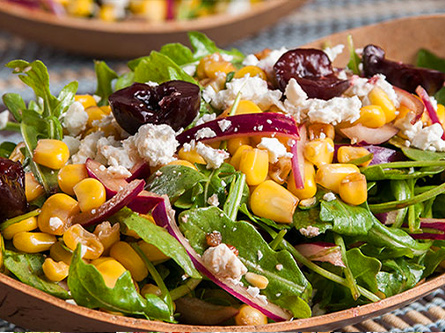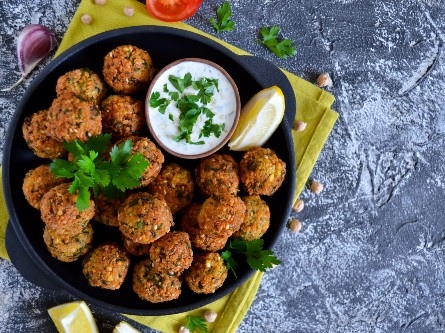In honor of National Cancer Survivors Day, which happens each year in June, Danielle Baham wrote a guest blog about healthy eating after cancer treatment. Baham is a senior dietitian of Supportive Oncology and Survivorship at the UC Davis Comprehensive Cancer Center. She offers some great insights into the benefits of eating a plant-based diet:
If you’re not a cancer survivor yourself, you likely know someone who is.
“An individual is considered a cancer survivor from the time of diagnosis, through the balance of his or her life. Family members, friends, and caregivers are also impacted by the survivorship experience and are therefore included in this definition,” according to the National Cancer Institute, Office of Survivorship.
The number of cancer survivors has increased over the years due to better screening and treatment. As of January 2019, there were an estimated 16.9 million cancer survivors in the U.S. This represents 5% of the population. By 2029, the number of cancer survivors is projected to increase by 29.1% to 21.7 million.

Nutrition plays an important role during and after cancer treatments. Following a mostly plant-based diet is advised. However, what you eat varies depending on where you are on your cancer journey.
Cancer treatment may include chemotherapy, radiation therapy, surgery or immunotherapy -- all of which factor into what you eat and drink. Sticking to a plant-based diet may be hard. Diet during treatment is usually focused on easing side effects, minimizing weight loss and preventing dehydration.
After cancer treatments, it’s important to pick up healthy habits to maintain a healthy weight. Good habits also help rebuild muscle loss, promote bone health, and improve overall quality of life. Eating a mostly plant-based diet will help you reach these goals.
A plant-based diet has lots of fruit, vegetables, and whole grains. It also tries to limit the amount of fat, red and processed meat, and simple sugars. A plant-based diet may have other benefits like decreased risk of developing another cancer or chronic disease, like diabetes and heart disease.

The American Institute on Cancer Research (AICR) suggests filling two-thirds of your plate with vegetables, fruits, whole grains or beans. The other third of your plate should have animal-based protein. Choosing colorful produce, grains and beans provides plenty of vitamins, minerals, antioxidants and fiber.
If you’re not sure where to begin, the AICR has a program called “The New American Plate” to help you make healthier choices.
Already following a plant-based diet but want more ideas? The AICR also has recipes that include cancer-fighting foods.
Good luck as you start or continue your plant-based eating journey!
More resources:
UC Davis Comprehensive Cancer Center: Survivorship
American Cancer Society: Be Healthy After Treatment
American Institute for Cancer Research: Cancer Survivors
**Images courtesy of American Institute on Cancer Research




